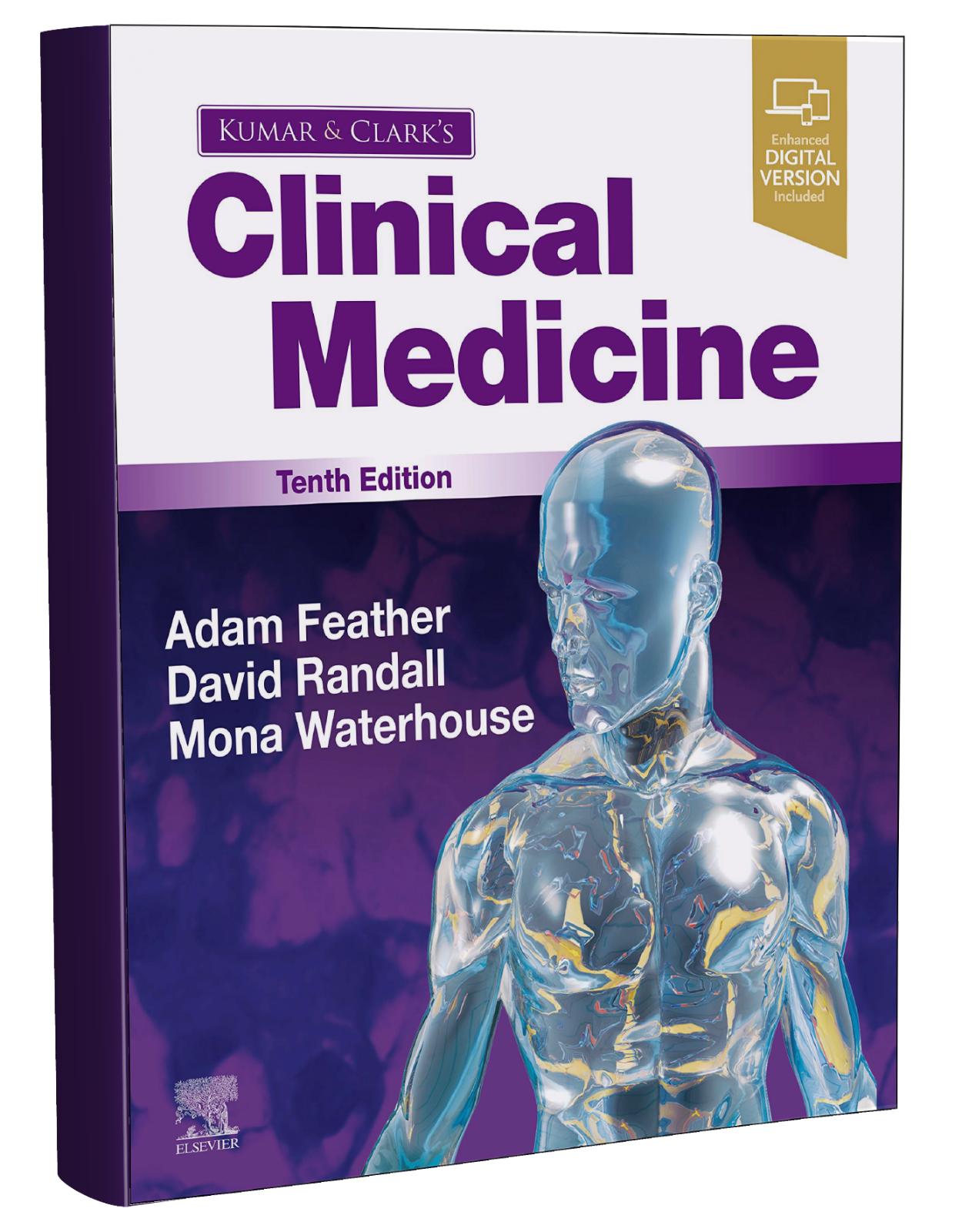
Kumar and Clarks Clinical Medicine
Produs indisponibil momentan. Pentru comenzi va rugam trimiteti mail la adresa depozit2@prior.ro sau contactati-ne la numarul de telefon 021 210 89 28 Vedeti mai jos alte produse similare disponibile.
Disponibilitate: Acest produs nu este momentan in stoc
Editura: Elsevier
Limba: Engleza
Nr. pagini: 1564
Coperta: Paperback
Dimensiuni: 21.59 x 5.72 x 26.67 cm
An aparitie: 10 July 2020
Description:
Contributors comprise consultants at the top of their fields, paired with younger doctors closer to the exam experience, to ensure authority and relevance.
Enhanced digital accompanies.
International Advisory Board, led by Professor Janaka de Silva and Professor Senaka Rajapakse, providing guidance for global coverage from across the world.
Contributions to the digital version by members of the International Advisory Board to amplify areas of clinical importance in their parts of the world.
Table of Contents:
1. Diagnosis: The art of being a doctor
Core Skills and Knowledge
Diagnosis in the Clinical Consultation
The medical consultation
Clinical diagnostic reasoning
Communicating a diagnosis
Diagnosis, artificial intelligence and the future of medicine
2. Human genetics
Core Skills and Knowledge
Clinical skills for genetic medicine
Introduction
Clinical genetics
The cellular basis of genetics
Genetic disorders
Techniques for studying the genetic code
Genomic medicine
The genetic basis of cancer
3. Immunity
Core Skills and Knowledge
Introducing the tissues, cells and molecules of the immune system
Innate immune system
Adaptive immune system
Cell migration
HLA molecules and antigen presentation
The immune system in concert
Laboratory investigations of the immune system
Clinical immunodeficiency
Allergic disease (immediate hypersensitivity)
Autoimmune disease
Organ rejection in clinical transplantation
Immune-based therapies
4. Evidence-based practice
Core Skills and Knowledge
Introduction
Asking Answerable Questions
Searching for the Evidence
Appraising the Evidence
Applying the Evidence
Section 1: Asking Answerable Questions and Searching for the Evidence
Section 2: Critical Appraisal
Section 3: Interpreting Odds Ratios, Confidence Intervals and P-Values
Section 4: Multiple Choice Questions
5. Ethical practice and clinical communication
Core Skills and Knowledge
Ethics and the law
Communication in medicine
6. Malignant disease
Core Skills and Knowledge
Clinical skills for malignant disease
Introduction
The biology of cancer
Aetiology and epidemiology
Screening and investigations
Principles of cancer treatment
Acute oncology
Common solid tumour treatment
Lung cancer
Breast cancer
Upper gastrointestinal cancers
Lower gastrointestinal cancers
Hepatobiliary and pancreatic cancers
Urological cancers
Gynaecological cancers
Brain tumours
Head and neck cancer
Metastatic cancer of unknown primary
7. Palliative care and symptom control
Core Skills and Knowledge
Introduction and General Aspects
Symptom Control
Palliative Care in Non-Malignant Disease
Care of the Dying
8. Sepsis and the treatment of bacterial infection
Core Skills and Knowledge
clinical skills for infection and sepsis
Introduction
Pathophysiology
recognition of sepsis
Management of Sepsis
Antimicrobial Stewardship
Antibiotic Therapies
9. Water balance, fluids and electrolytes
Core skills and knowledge
Clinical skills for water balance, fluids and electrolytes
Water and Electrolytes
Disorders of sodium concentration
Disorders of potassium concentration
Disorders of magnesium concentration
Disorders of phosphate concentration
Acid–Base Disorders
10. Critical care medicine
Core Skills and Knowledge
Introduction
Clinical approach to the critically ill patient
Applied cardiorespiratory physiology
Disturbances of acid–base balance
Shock, sepsis and acute disturbances of haemodynamic function
Respiratory failure
Acute respiratory distress syndrome
Acute Kidney injury
Neurocritical care
Outcomes
11. Surgery
Core Skills and Knowledge
Clinical skills for surgery
Introduction
The pathophysiology of surgery
Management of the perioperative patient
The patient journey in surgery
Surgical Ethics, Consent and the Law
12. Prescribing, therapeutics and toxicology
Core Skills and Knowledge
Prescribing
Why do patients need drugs?
The choice of drug
The dose
Prescribing in special populations
Monitoring drug therapy
Adverse drug reactions
Drug interactions
Information sources
Poisoning
Clinical approach to the poisoned patient
Principles of management of poisoning
Specific poisons
Poisons in the natural world: additional online content
13. Global health
Core Skills and Knowledge
Introduction
Millennium and Sustainable Development Goals
Global Burden of Disease
Poverty
Water and Sanitation
Organizations and the global health agenda
Education
Maternal and Child Health
Mental health
Accidents and Trauma
Conflict and Catastrophe
Economics and Politics in Global Health
Social Determinants of Health
Human rights and the value of engagement in global health
14. Public health
Core Skills and Knowledge
Introduction
Key Concepts in Public Health
Pillars of Public Health
15. Geriatric medicine, frailty and multimorbidity
Core Skills and Knowledge
Introduction
Ageing
Investigations in Older Adults
Taking a History
Multimorbidity, Sarcopenia and Frailty
Comprehensive Geriatric Assessment
Advance Care Planning
The Most Common Issues in Older People
Ageing Well and Advantages of Ageing
16. Haematology
Core Skills and Knowledge
Clinical skills for haematology
Examination
Investigations
Introduction
The red cell
Anaemia: an introduction
Microcytic anaemia
Normocytic anaemia
Macrocytic anaemias
Anaemia due to marrow failure (aplastic anaemia)
Haemolytic anaemias: an introduction
Inherited haemolytic anaemia
Acquired haemolytic anaemia
Polycythaemia
The spleen
Blood transfusion
Blood groups
Procedure for blood transfusion in hospitals
Complications of blood transfusion
Strategies for the avoidance of unnecessary transfusion
Blood, blood components and blood products
The white cell
Haemostasis
Vascular disorders
Platelet disorders
Inherited coagulation disorders
Acquired coagulation disorders
17. Haematological oncology
Core Skills and Knowledge
Clinical skills for haematological oncology
Introduction
Leukaemias
Myelodysplasia
Clinical features
Investigations
Management
MDS/MPN overlap syndromes
Lymphomas
Myeloma and other plasma cell disorders
18. Rheumatology
Core Skills and Knowledge
Clinical skills for rheumatology
Approach to the patient
Anatomy and physiology of the normal joint
Investigation of rheumatic disease
Clinical conditions in rheumatology
Common regional musculoskeletal problems
Chronic pain syndromes
Analgesic and anti-inflammatory drugs for musculoskeletal problems
Disorders of collagen
Osteoarthritis
Inflammatory Arthritis
Rheumatoid arthritis
Spondyloarthritis
Infections of joints
Autoimmune rheumatic diseases
Systemic inflammatory vasculitis
Arthritis in children
Rheumatological problems seen in other diseases
Miscellaneous arthropathies
19. Bone disease
Core Skills and Knowledge
Clinical skills for bone disease
Anatomy and physiology of bone
Investigation of bone and calcium disorders
Osteoporosis
Osteonecrosis
Paget’s disease of bone
Rickets and osteomalacia
Bone infections
Neoplastic disease of bone
Scheuermann’s disease
20. Infectious disease
Core Skills and Knowledge
Core content
Clinical skills for infectious disease
Introduction
Clinical approach to the patient with a suspected infection
Epidemiology and prevention of infections
Principles and mechanisms of infection
Viral Infections
Virus infections of the skin and mucous membranes
Virus infections of the respiratory tract
Systemic viral infections
Virus infections of the nervous system
Virus infections of the gastrointestinal tract
Viral hepatitis
Viruses and malignant disease
Viral haemorrhagic fevers
Antiviral drugs
Transmissible Spongiform Encephalopathies (Prion Diseases)
Bacterial Infections
Bacterial infections of the skin and soft tissues
Bacterial infections of the respiratory tract
Bacterial infections of the gastrointestinal tract
Bacterial infections of the cardiovascular system
Bacterial infections of the nervous system
Bacterial bone and joint infections
Bacterial infections of the urinary tract
Systemic/multisystem bacterial infections
Bacterial infections seen in developing and tropical countries
Antibiotic therapies
Fungal Infections
Systemic fungal infections
Subcutaneous fungal infections
Superficial fungal infections
Antifungal drugs
Protozoal Infections
Blood and tissue protozoa
Gastrointestinal protozoa
Helminthic Infections
Nematodes
Trematodes
Cestodes
Arthropod Ectoparasites
21. Endocrinology
Core Skills and Knowledge
Clinical skills for endocrinology
Introduction
The pituitary gland and hypothalamus
Hypothalamo–Pituitary–adrenal axis
The thyroid axis
Hypothalamo–pituitary–gonadal axis
Growth and puberty
The Thirst Axis
Disorders of Calcium Metabolism
Hypoglycaemia in the non-diabetic patient
Other endocrine disorders
22. Dermatology
Core Skills and Knowledge
Clinical Skills for Dermatology
Introduction
Skin structure and function
Investigation of Skin Disease
Principles of Dermatological Therapy
Erythroderma and Loss of Skin Function (‘Skin Failure’)
Common rashes
Skin Infections
Human Immunodeficiency Virus and the Skin
Skin Signs of Systemic Disease
Photosensitivity
Blistering and Bullous Skin Disease
Skin Tumours
Disorders of Pigmentation
Nail Disorders
Hair Disorders
Birth Marks and Neonatal Rashes
Drug Eruptions
23. Diabetes mellitus
Core Skills and Knowledge
Clinical skills for diabetes mellitus
Introduction
Physiology of insulin structure, secretion and action
Classification of diabetes
Clinical Approach to the Patient With Diabetes
Prevention of Type 2 Diabetes
Management of diabetes
Diabetic metabolic emergencies
Complications of diabetes
Psychosocial Implications of Diabetes
Diabetes in special situations
Organization of diabetes care
24. Lipid and metabolic disorders
Core Skills and Knowledge
Introduction
History
Examination
Investigations
Disorders of lipid metabolism
Inherited metabolic diseases
25. Liaison psychiatry
Core Skills and Knowledge
Introduction
Clinical approach to the patient with a psychiatric disorder
Classification of psychiatric disorders
Aetiology of psychiatric disorders
Psychiatric aspects of physical diseases
Sick role and illness behaviour
Functional somatic syndromes
Somatoform disorders
Dissociative/conversion disorders
Sleep difficulties
Mood (affective) disorders
Suicide and self-harm
Anxiety disorders
Alcohol misuse and dependence
Drug misuse and dependence
Schizophrenia
Organic mental disorders
Eating disorders
Sexual disorders
Personality disorders
Involuntary Detention
Mental Capacity Act
26. Neurology
Core Skills and Knowledge
Clinical skills for neurology
Introduction
Clinical approach to the patient with neurological disease
Functional neuroanatomy
Cranial nerves
Motor control systems
Lower motor neurone lesions
Sensory pathways and pain
Bladder control and sexual dysfunction
Investigation of neurological disease
Unconsciousness and coma
Stroke
Intracranial haemorrhage
Headache, migraine and facial pain
Epilepsy and loss of consciousness
Movement disorders
Neuroinflammatory disorders
Nervous system infection
Hydrocephalus
Traumatic brain injury
Spinal cord disease
Neurodegenerative diseases
Congenital disorders
Neurogenetic disorders
Paraneoplastic syndromes
Peripheral nerve disease
Muscle diseases
27. Ear, nose and throat and eye disease
Core Skills and Knowledge
Introduction to ENT
Clinical approach to the patient with an ENT complaint
Disorders of the Ear
Clinical Approach to the Patient With a Disorder of the Ear
Common disorders of the ear
Disorders of the Nose
Clinical Approach to the Patient With a Disorder of the Nose
Common disorders of the nose
Disorders of the Throat
Clinical Approach to the Patient With a Disorder of the Throat
Common disorders of the throat
Disorders of the Eye
Applied Anatomy and Physiology
Clinical Approach to the Patient With a Disorder of the Eye
Common disorders of the eye
28. Respiratory disease
Core Skills and Knowledge
Clinical skills for respiratory medicine
Function of the respiratory system
Clinical Approach to the Patient with Respiratory Disease
Diseases of the Upper Respiratory Tract
Obstructive Respiratory Disease
Smoking
Respiratory Infection
Pleural Disease
Tumours of the Respiratory Tract
Bronchiectasis
Interstitial Lung Diseases
Lung and Heart–Lung Transplantation
Occupational Lung Disease
Miscellaneous Respiratory Disorders
Disorders of the Diaphragm
Mediastinal Lesions
29. Venous thromboembolic disease
Core Skills and Knowledge
Introduction
Pathogenesis of Thrombosis
Definitions
Epidemiology and Risk Factors
Clinical Features
Diagnosis
Management
Complications
Investigation of newly diagnosed venous thrombosis
Prevention
Anticoagulant agents
30. Cardiology
Core Skills and Knowledge
Clinical skills for cardiology
ECG interpretation
Anatomy, physiology and embryology of the heart
Clinical approach to the patient with heart disease
Therapeutic procedures
Cardiac arrhythmias
Bradycardias and heart block
Supraventricular tachycardias
Ventricular tachyarrhythmias
Heart failure
Coronary artery disease
Angina
Acute coronary syndromes
Valvular heart disease
Aortic valve
tricuspid valve
Pulmonary valve
Prosthetic valves
Infective endocarditis
Congenital heart disease
Marfan’s syndrome
Pulmonary heart disease
Myocardial and endocardial disease
Myocardial disease
Pericardial disease
Peripheral vascular disease
Peripheral venous disease
31. Hypertension
Core Skills and Knowledge
Introduction
Clinical Approach to the Patient with Hypertension
Measurement of blood pressure
Phenotypes of Hypertension
Causes of raised blood pressure
Thresholds and Targets In Hypertension
Hypertensive Target Organ Damage
Treatment
Managing blood pressure in hospital
32. Gastroenterology
Core Skills and Knowledge
Clinical Skills for Gastroenterology
INTRODUCTION
Anatomy and physiology of the gastrointestinal tract
Investigation of Gastrointestinal Disease
Functional Gastrointestinal Disorders
Mouth
Salivary Glands
Pharynx and Oesophagus
Stomach and Duodenum
Acute and Chronic Gastrointestinal Bleeding
Small Intestine
Inflammatory Bowel Disease
Colon and Rectum
The Acute Abdomen
Peritoneum
33. Nutrition
Core Skills and Knowledge
Introduction
Water and Electrolyte Balance
Dietary Requirements
Protein–Energy Malnutrition
Vitamins
Fat-soluble vitamins
Water-soluble vitamins
Dietary Antioxidants
Homocysteine, cardiovascular disease and B vitamins
Minerals
Nutrition and Ageing
Obesity
Nutritional Support
Food Allergy and Food Intolerance
Alcohol
34. Liver disease
Core Skills and Knowledge
Clinical skills for liver disease
Introduction
Anatomy of the liver and biliary system
Functions of the liver
Investigations in the patient with liver disease
Jaundice
Hepatitis
Acute hepatic failure
Autoimmune hepatitis
Drug-induced chronic hepatitis
Chronic hepatitis of unknown cause
Non-alcoholic fatty liver disease
Cirrhosis
Alcoholic liver disease
Budd–chiari syndrome
Hepatic sinusoidal obstruction syndrome
Fibropolycystic diseases
Liver abscess
Other infections of the liver
Liver disease in pregnancy
Liver tumours
Miscellaneous conditions of the liver
Drugs and the liver
35. Biliary tract and pancreatic disease
Core Skills and Knowledge
Introduction
Gall Bladder and Biliary System
Biliary system
Miscellaneous conditions of the biliary tract
Pancreas
Pancreatitis
Pancreatic cancer
Pancreatic neuroendocrine tumours
Clinical syndromes
Investigations
Management
36. Kidney and urinary tract disease
Core Skills and Knowledge
Clinical Skills for Nephrology
Examination
Introduction
Anatomy and Physiology of the Kidney and Urinary Tract
Investigation of Renal and Urinary Tract Disease
The Glomerulus and Glomerular Disease
Kidney Involvement in Other Diseases
Hypertension and the Kidney
Other Vascular Disorders of the Kidney
Renal Calculi and Nephrocalcinosis
Urinary Tract Obstruction
Drugs and the Kidney
Urinary Tract Infection
Tubulointerstitial Nephritis
Acute Kidney Injury
Chronic Kidney Disease
Cystic Renal Disease
Tumours of the Kidney and Genitourinary Tract
Diseases of the Prostate Gland
The Urinary Tract in the Elderly
37. Sexually transmitted infections and human immunodeficiency virus
Core Skills and Knowledge
Clinical skills for STI and HIV care
Sexually transmitted infections
Asymptomatic STI screening
Investigation of STIs
Management, prevention and control
Specific infections
Human immunodeficiency virus and acquired immunodeficiency syndrome
Clinical features of untreated hiv infection
Clinical approach to the patient with HIV
Management of HIV-positive patients
Specific conditions associated with HIV infection
Prevention and control of HIV infection
38. Obstetric medicine
Core Skills and Knowledge
Clinical Skills for Obstetric Medicine
Introduction
Hypertensive Disorders
Liver Disease
Cardiac Disease
Thromboembolic Disease
Respiratory Disease
Neurological Disease
Endocrine Disease
Renal Disease
Skin Disorders
RHEUMATIC DISEASE
Prescribing in Pregnancy
39. Women’s health
Core Skills and Knowledge
Clinical skills for women’s health
Introduction
The life course approach
Miscarriage
Heavy Menstrual Bleeding
Abortion/Termination of Pregnancy
Urinary Incontinence
Domestic abuse and violence
Gynaecological cancers
40. Men’s health
Core Skills and Knowledge
Clinical Skills For Men’s Health
Introduction
Specific Diseases of Men
Diseases of the prostate gland
Diseases of the Penis
Testicular and Spermatic Cord Disease
Lack of Libido and Erectile Dysfunction
Priapism
The Ageing Male
41. Environmental medicine
Core Skills and Knowledge
Air pollution
Heat Injury
Cold injury
High altitude
Diving
Drowning
Ionizing radiation
Electric shock
Lightning strike
Inhaled smoke
Index
Normal Values
| An aparitie | 10 July 2020 |
| Autor | Adam Feather MBBS FRCP FAcadMEd , David Randall MA MRCP , Mona Waterhouse MA MRCP |
| Dimensiuni | 21.59 x 5.72 x 26.67 cm |
| Editura | Elsevier |
| Format | Paperback |
| ISBN | 9780702078682 |
| Limba | Engleza |
| Nr pag | 1564 |
| Versiune digitala | DA |
-
46500 lei 37000 lei
-
88800 lei 84600 lei

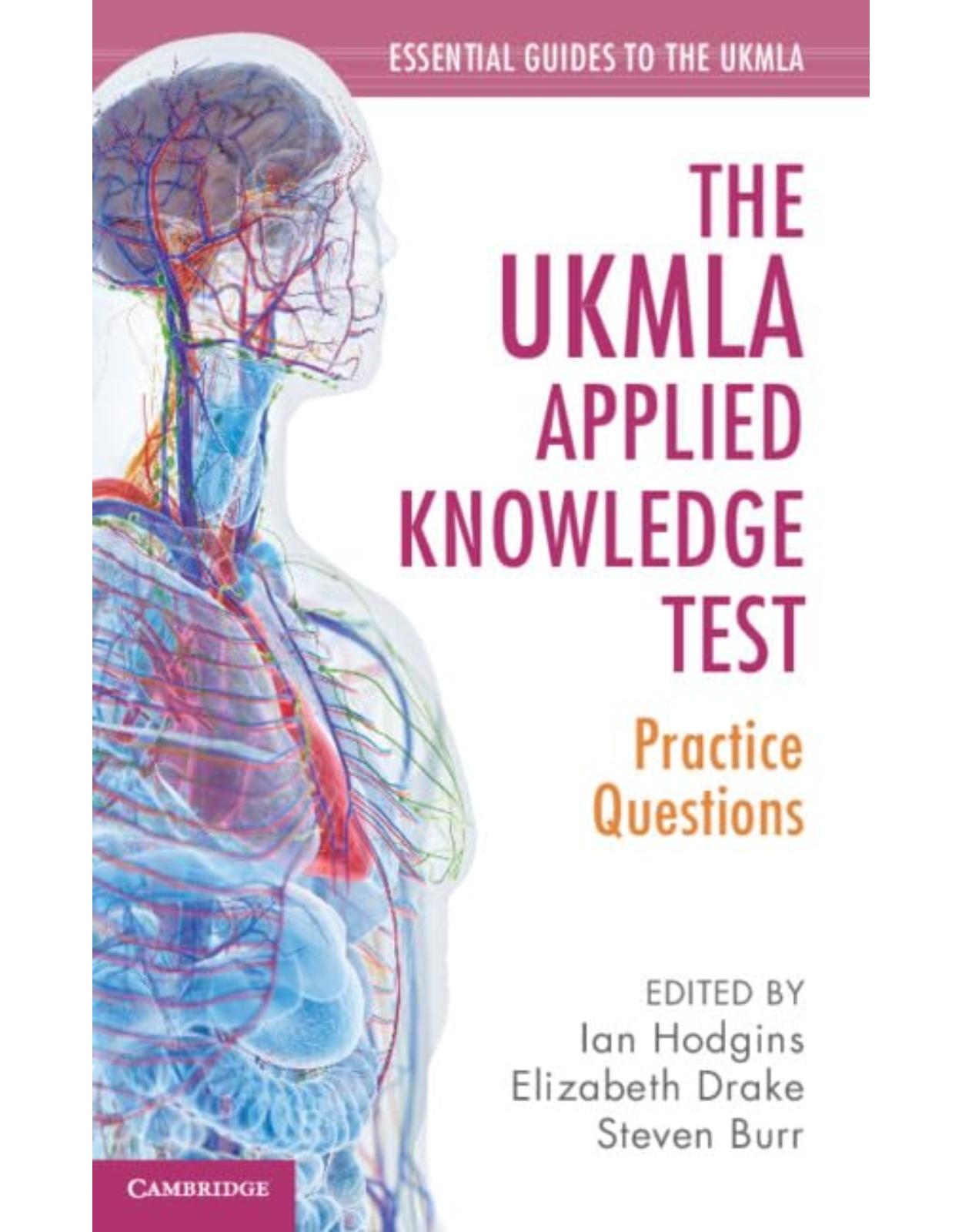
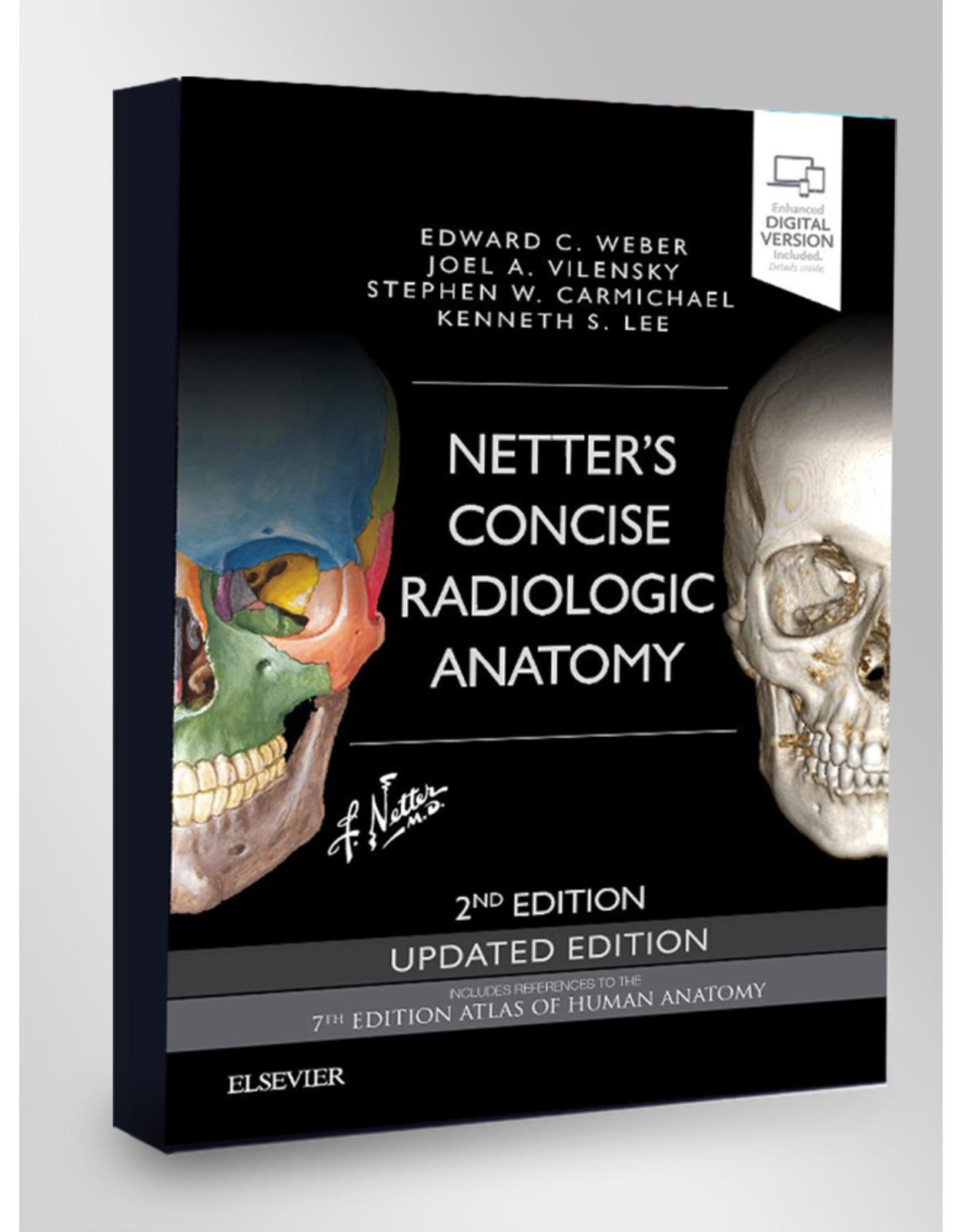

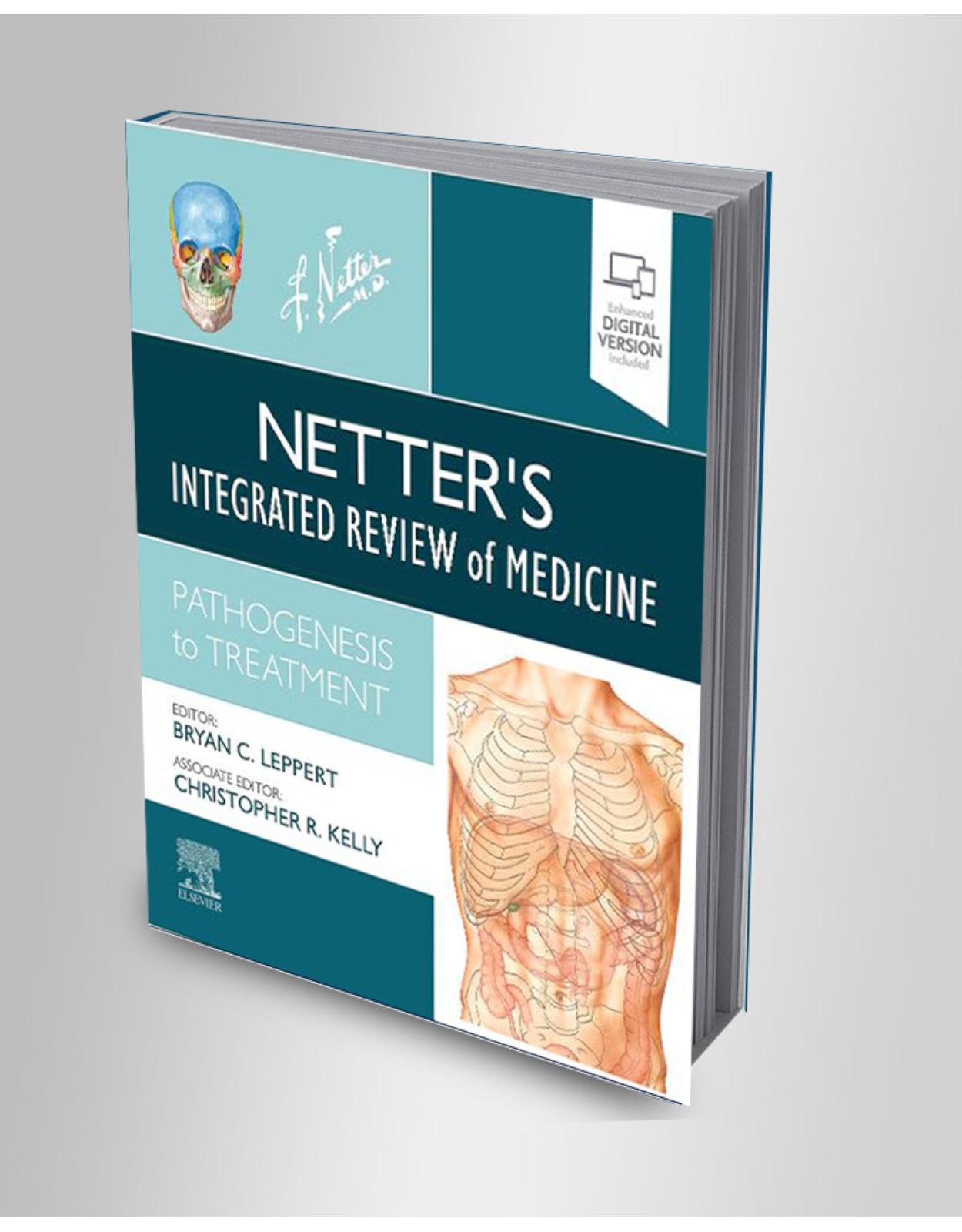
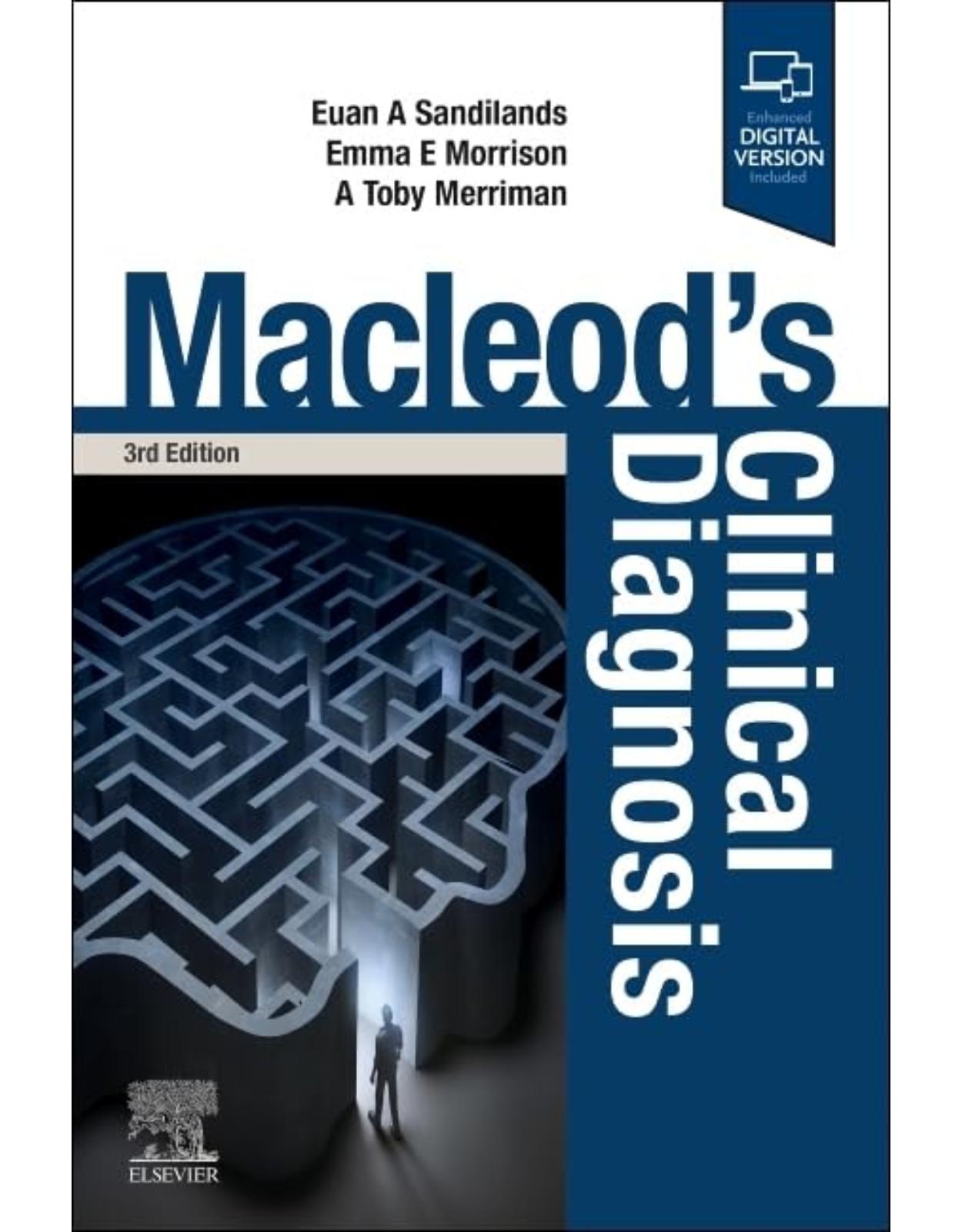
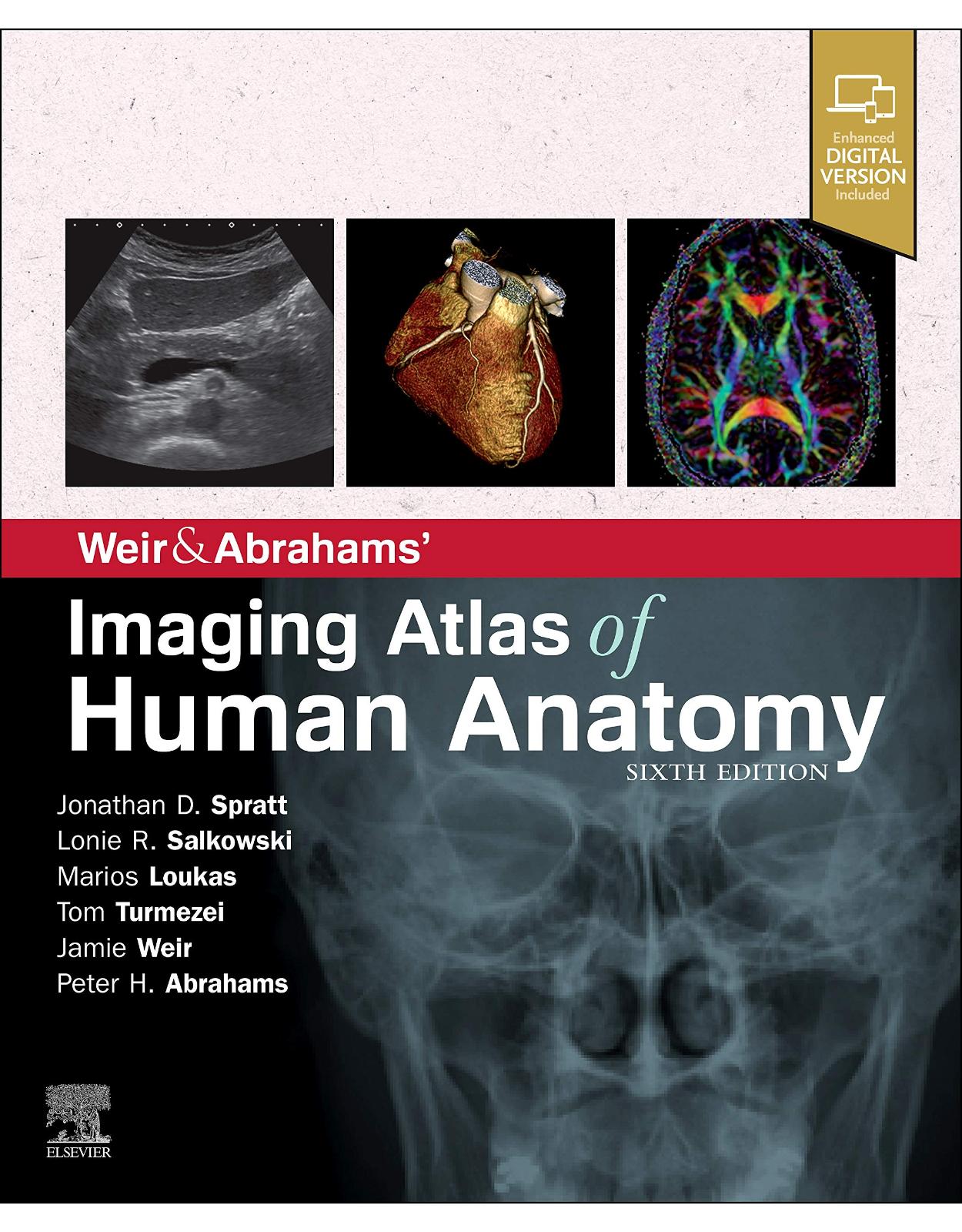
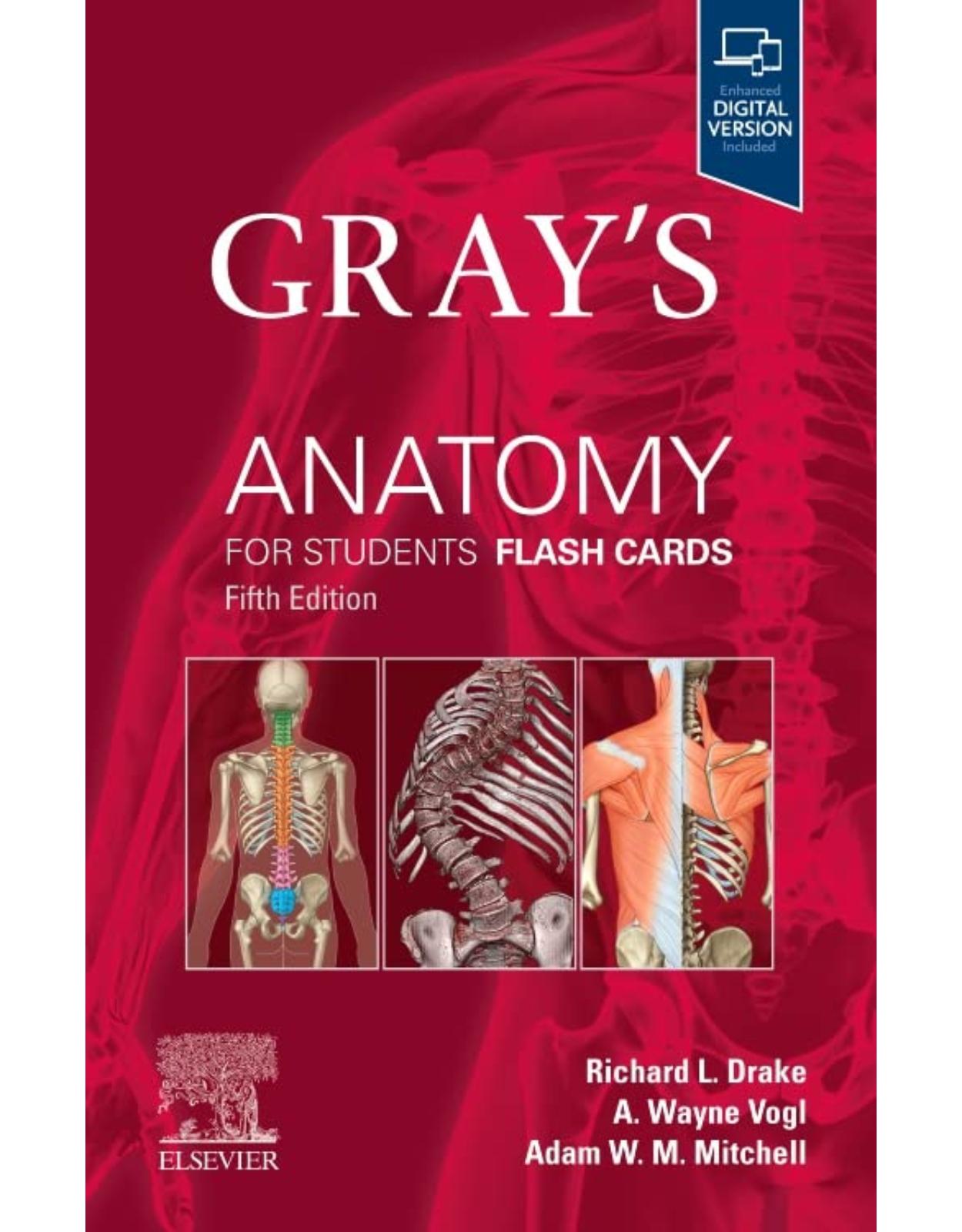
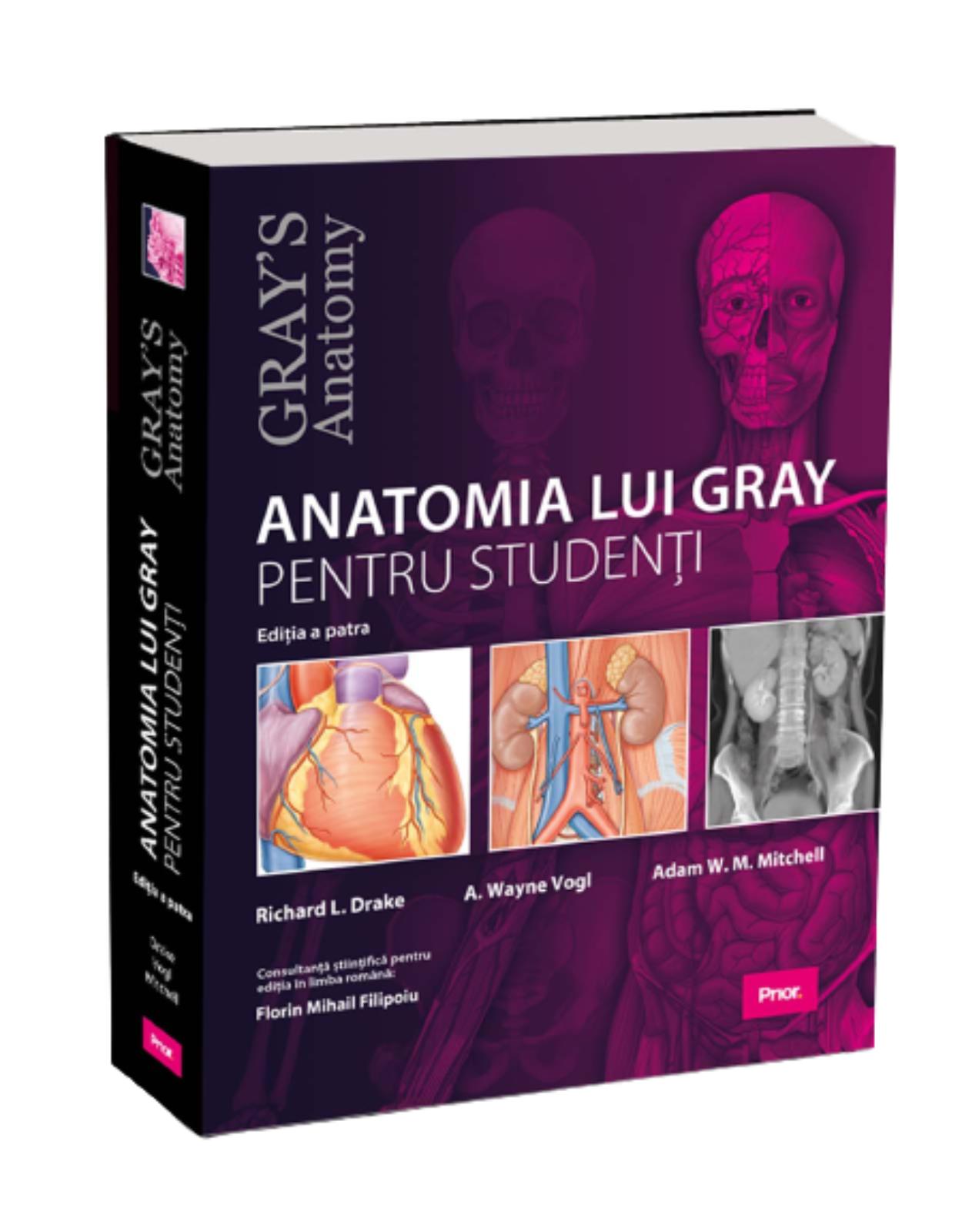
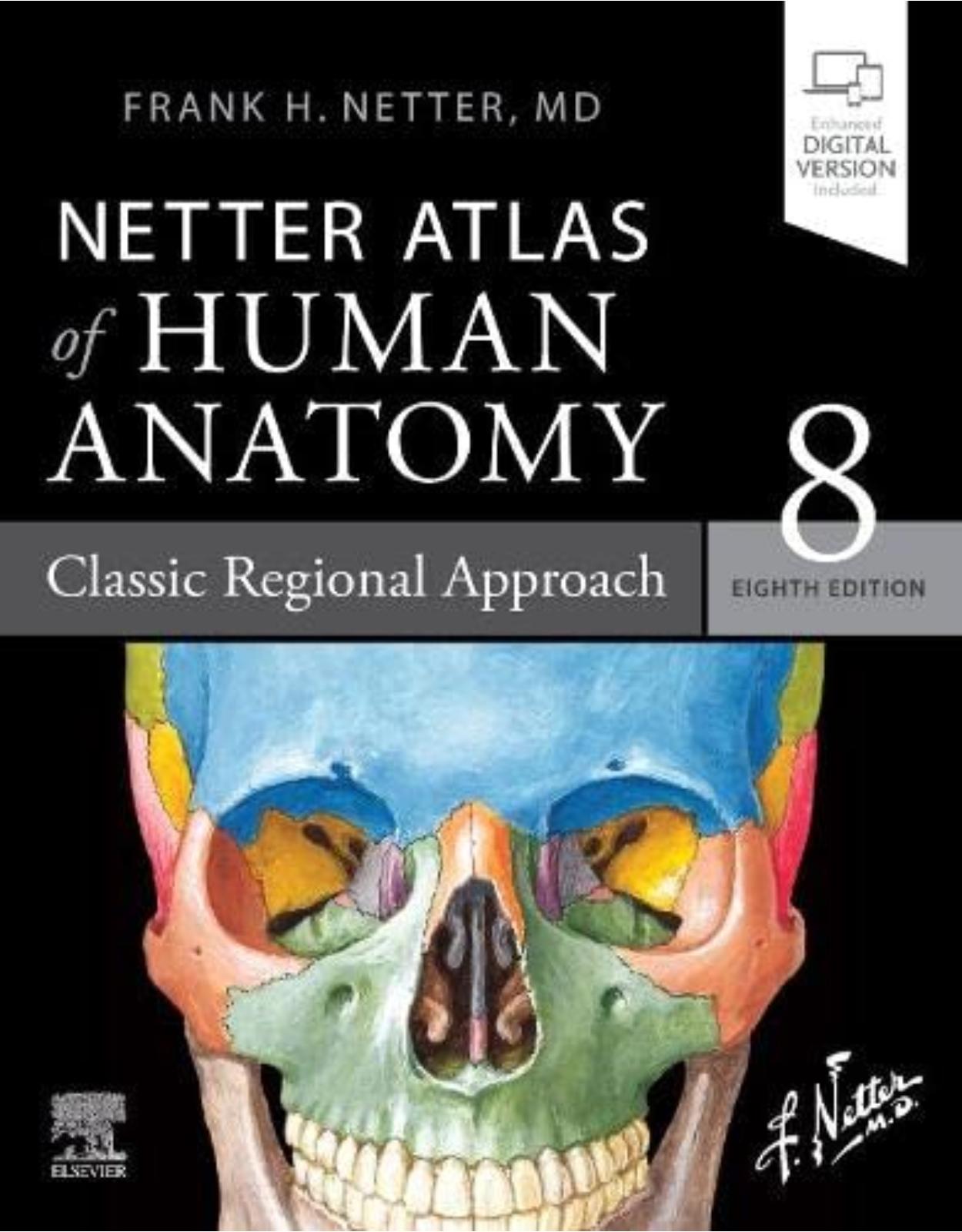
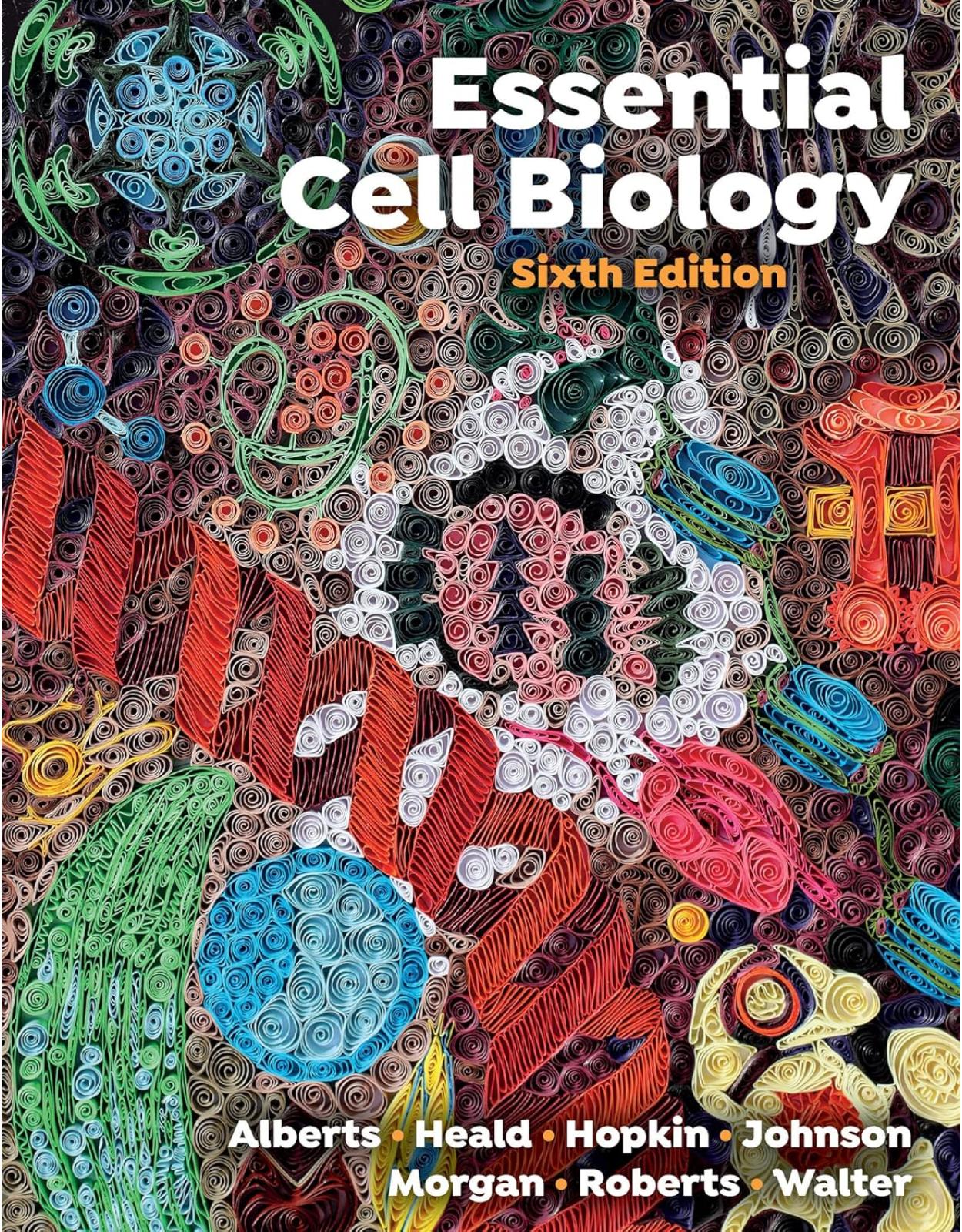


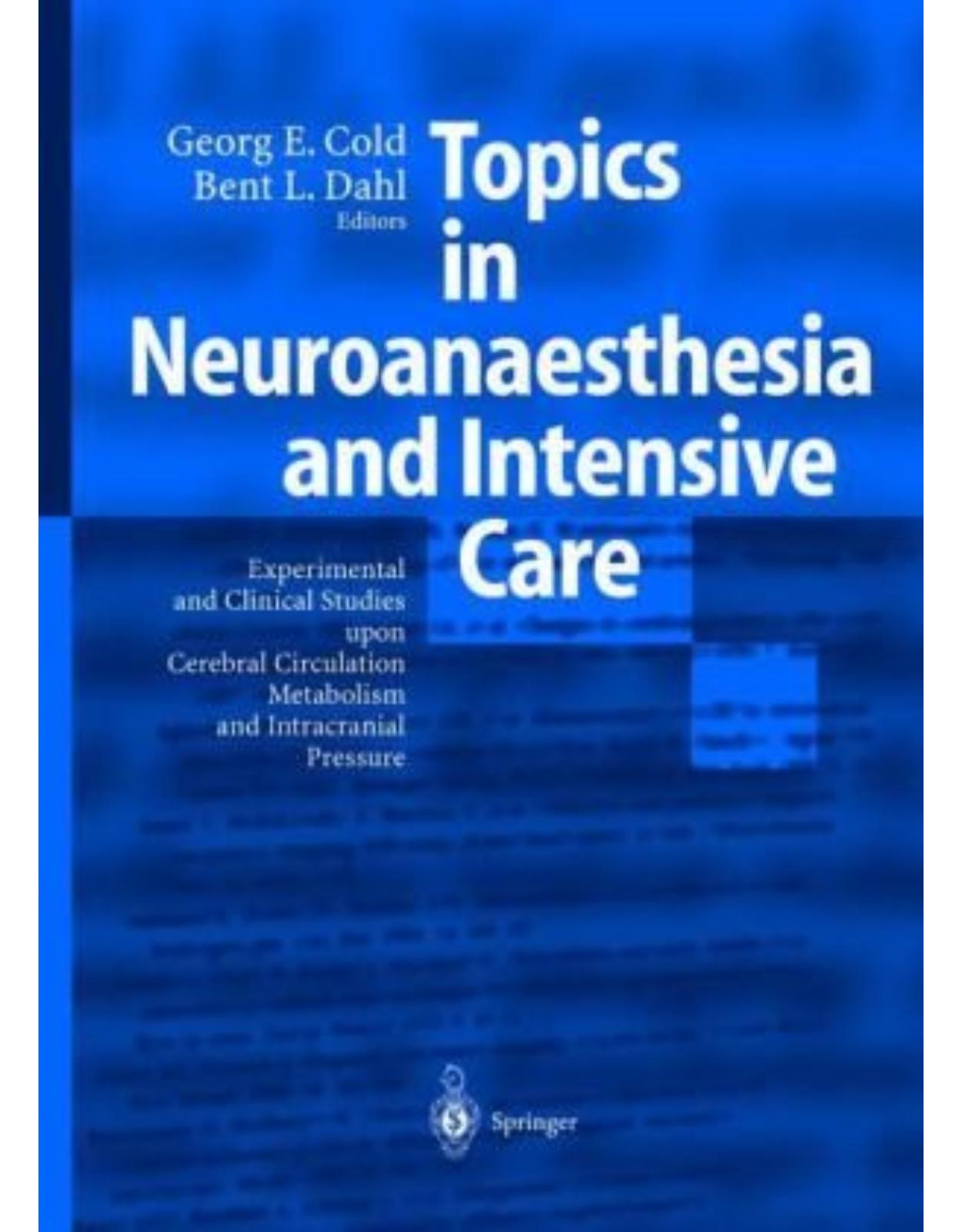
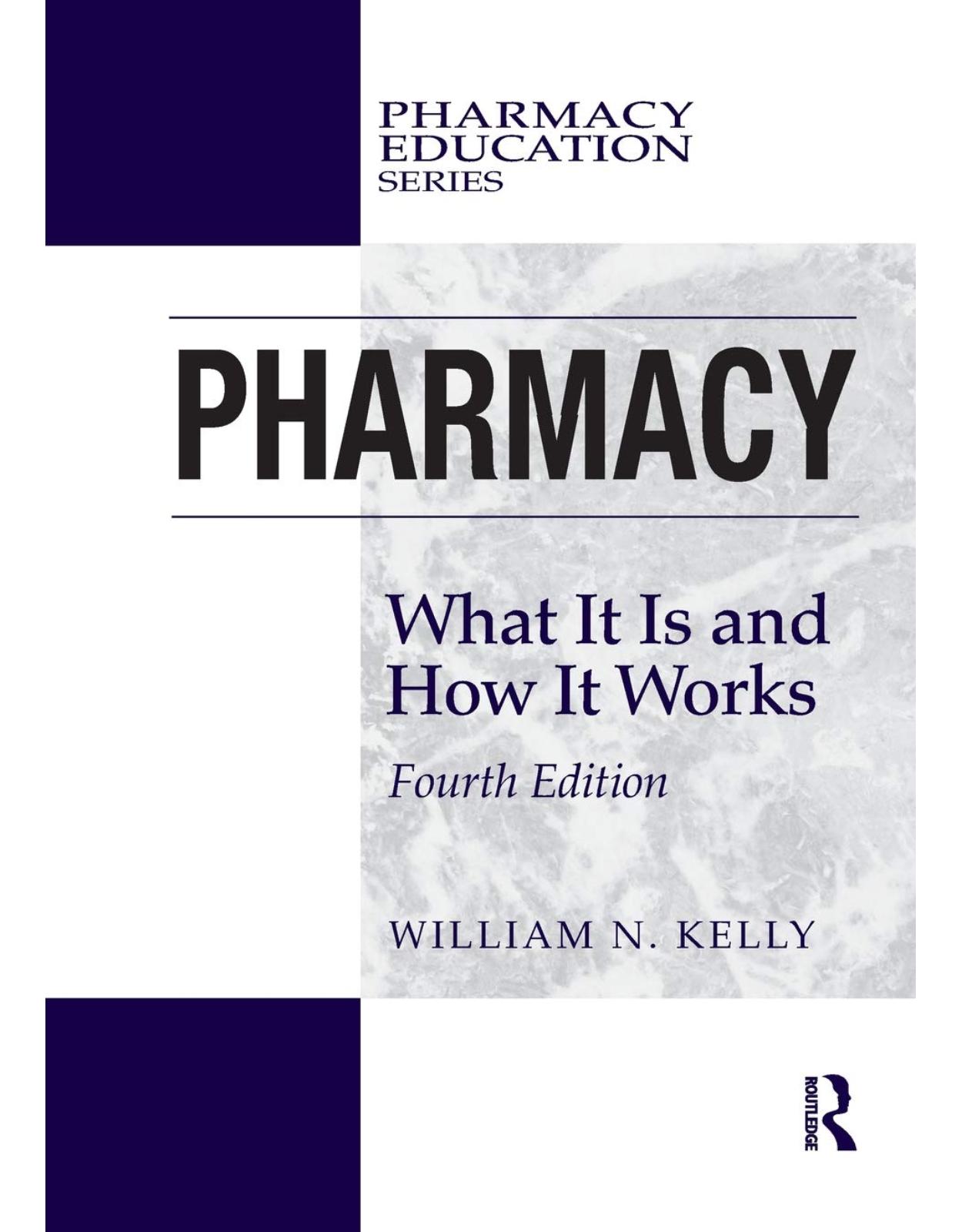
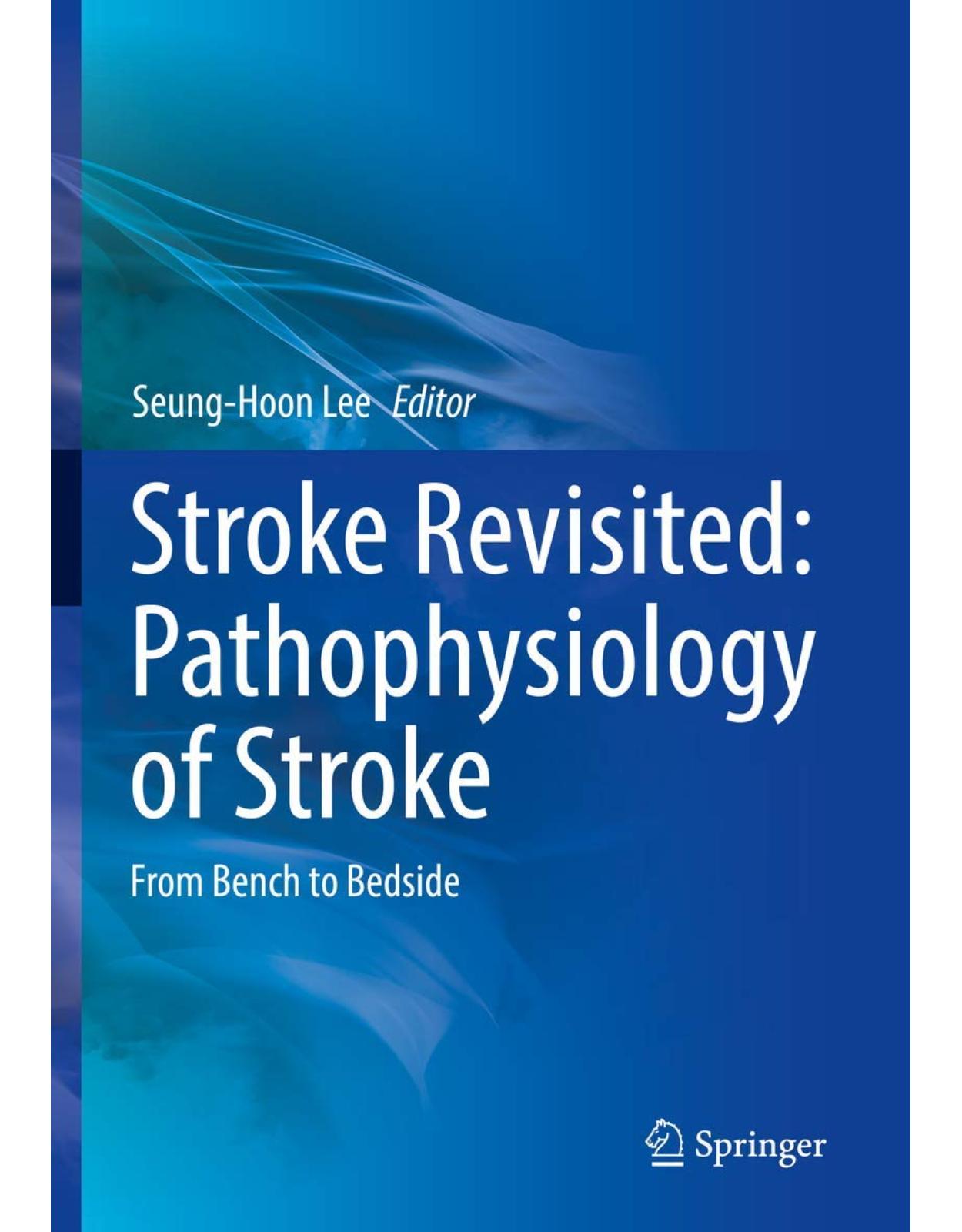
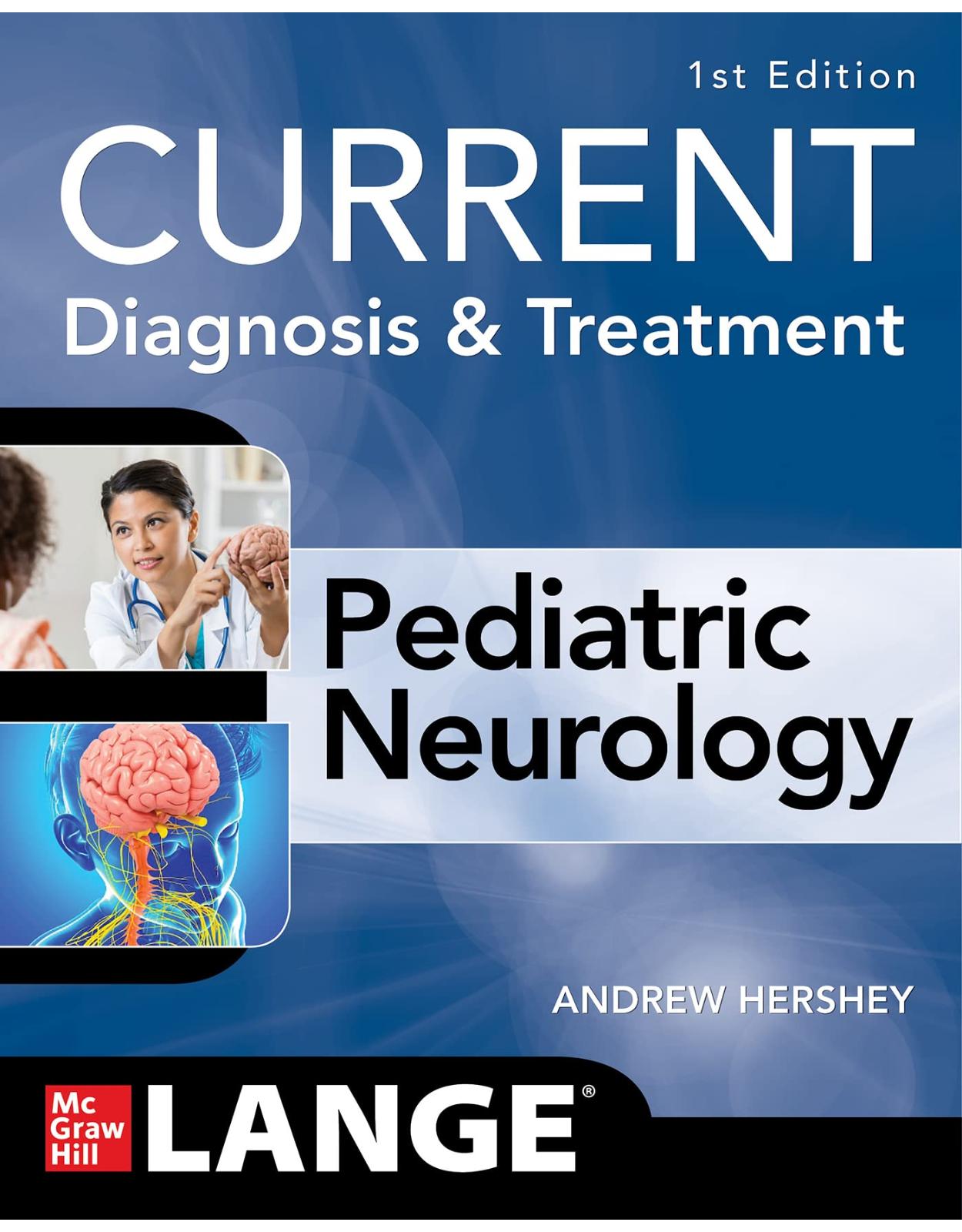
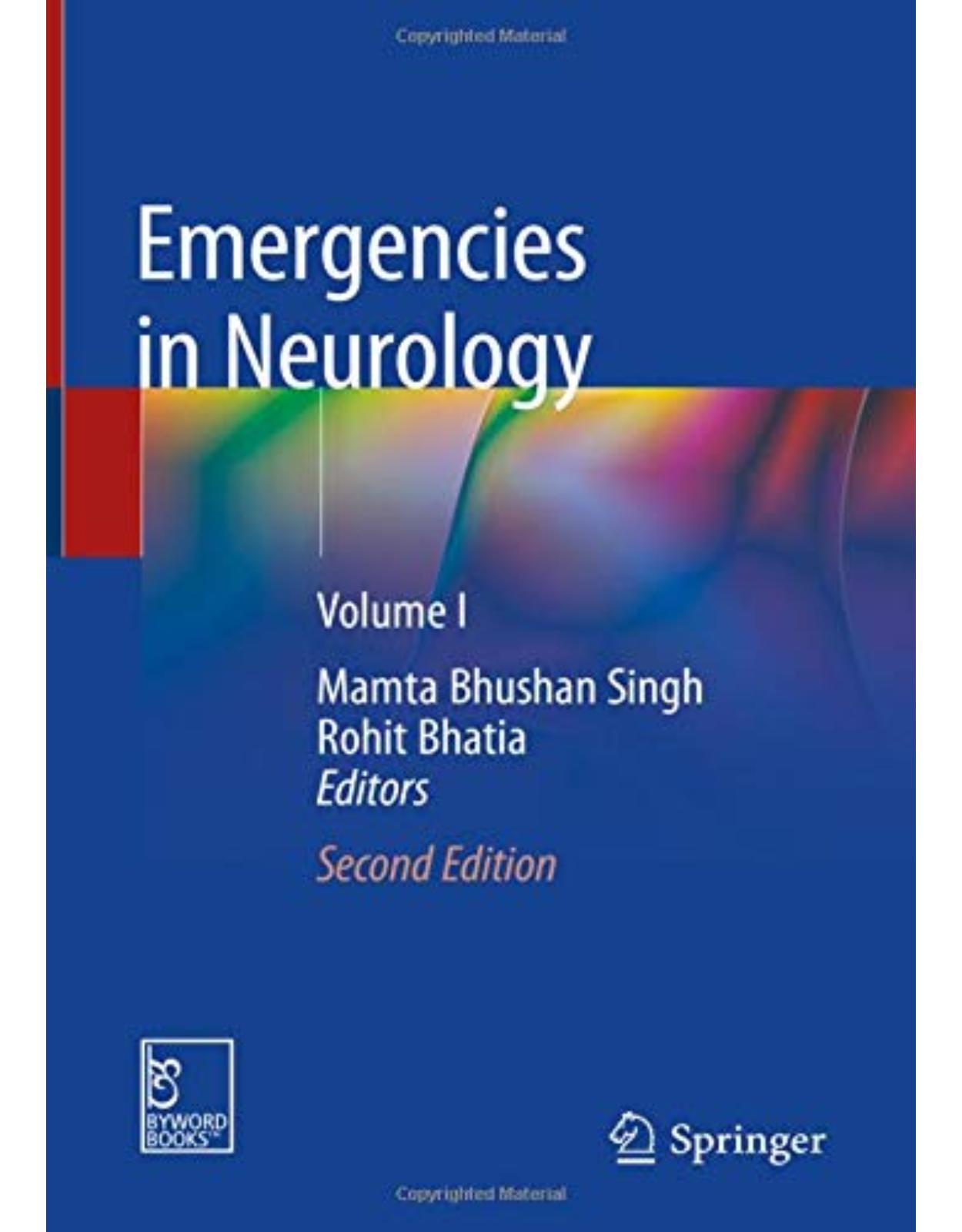
Clientii ebookshop.ro nu au adaugat inca opinii pentru acest produs. Fii primul care adauga o parere, folosind formularul de mai jos.
Ratingul general al produsului: